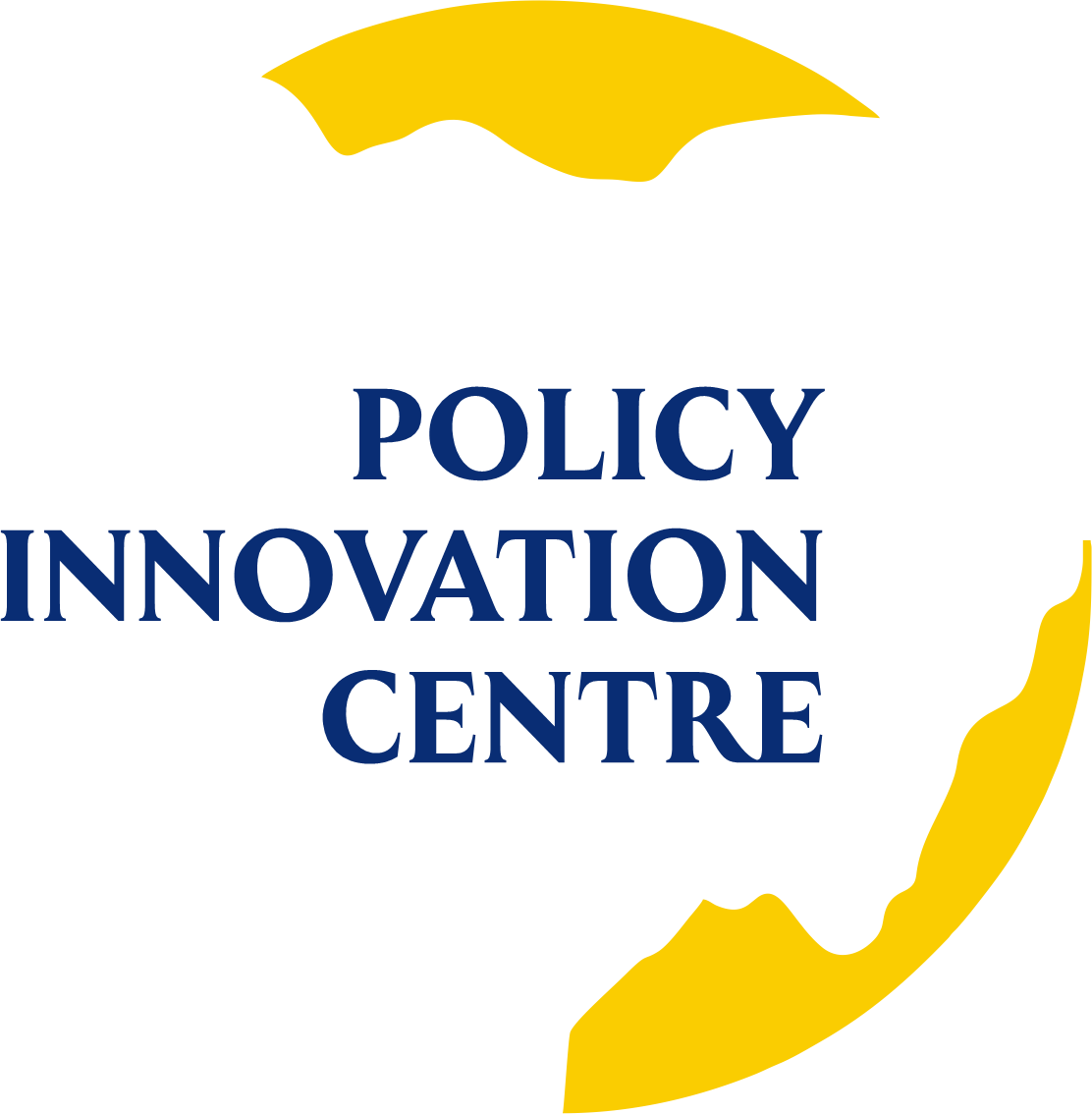Recently, I had dinner at a popular restaurant and the moment I opened the menu, I froze. So many dishes, so many options. I wanted to try something new, but I ended up picking pasta because if felt safe and familiar. The menu was overwhelming, and I simply didn’t have the mental energy to figure it all out. I remember thinking, “Why can’t this be easier?” It reminded me of scrolling endlessly through streaming platforms, getting tired of searching, and ultimately picking either the safest option or nothing.
If this sounds familiar, you've experienced choice overload, a psychological phenomenon where too many options lead to indecision, anxiety, or inaction. It's common in Nigeria's vibrant consumer landscape, where small businesses, from fashion shops to fintech apps, often believe more options mean better service. However, without smart design, more can actually mean less engagement and fewer sales.
What is Choice Overload?
Choice overload, also known as overchoice, occurs when consumers face so many alternatives that decision-making becomes mentally exhausting. Research has shown that offering too many options, whether it's 30 dresses in a catalog or 20 data plans, can lead to lower conversion rates and decision fatigue.
For Nigerian small businesses, this is a hidden but significant problem: when potential customers feel overwhelmed, they either opt for something familiar or leave without making a purchase.
Guiding Decisions Gently: The Power of Defaults
This is where default bias comes in, a behavioral tendency to go with the pre-selected or recommended option when unsure. It's not manipulation; it's a cognitive shortcut. When people face complexity, they often accept the path of least resistance. Smart Nigerian businesses can use this insight to gently guide customers while preserving their freedom of choice. Some ideas include:
- Highlighting Bestsellers: Label certain products as “Most Popular” or “Customer Favorite” to help overwhelmed customers make faster decisions.
- Auto-selecting Smart Options: Digital platforms can pre-select a mid-tier or balanced option for subscriptions, deliveries, or service plans, giving users a solid starting point.
- Suggestive Bundling: Retailers and food vendors can offer curated bundles like “Starter Pack” or “Essential Combo” to simplify the decision-making process.
Not a One-Size-Fits-All Tool
However, defaulting is not a magic wand. It must be used ethically and with context. For instance, Nigerian consumers differ by region, age, and experience with technology. What works for a Gen Z shopper in Lagos may not resonate with a trader in Makurdi. Also, defaults should never obscure better or cheaper options; transparency is key. Misused defaults can backfire, creating distrust or negative experiences, especially in sensitive sectors like finance or healthcare.
Are Defaults the Only Solution?
No. Default bias is powerful, but it’s not the only way to manage choice overload. Other strategies include:
- Reducing Options: Limit the number of items presented at once, as too many choices can overwhelm.
- Organizing by Need: Sort services or products into categories like “Budget,” “Premium,” or “Quick Picks.”
- Using Social Proof: Show ratings, reviews, or the number of people who chose a product to help nudge indecisive buyers.
- Progressive Disclosure: Let users see a few key options first, then explore more if they choose.
Final Thought
In Nigeria's fast-evolving business environment, small businesses don't need massive marketing budgets to compete. They can use simple behavioural insights like managing choice overload and designing smart defaults to enhance customer experience and boost sales. Ultimately, helping customers decide easily might be the most valuable service you offer.
For more innovative behavioral insights, visit the Behavioural Innovation LAB
Niyi Adekanla, Senior Behavioural Economist





